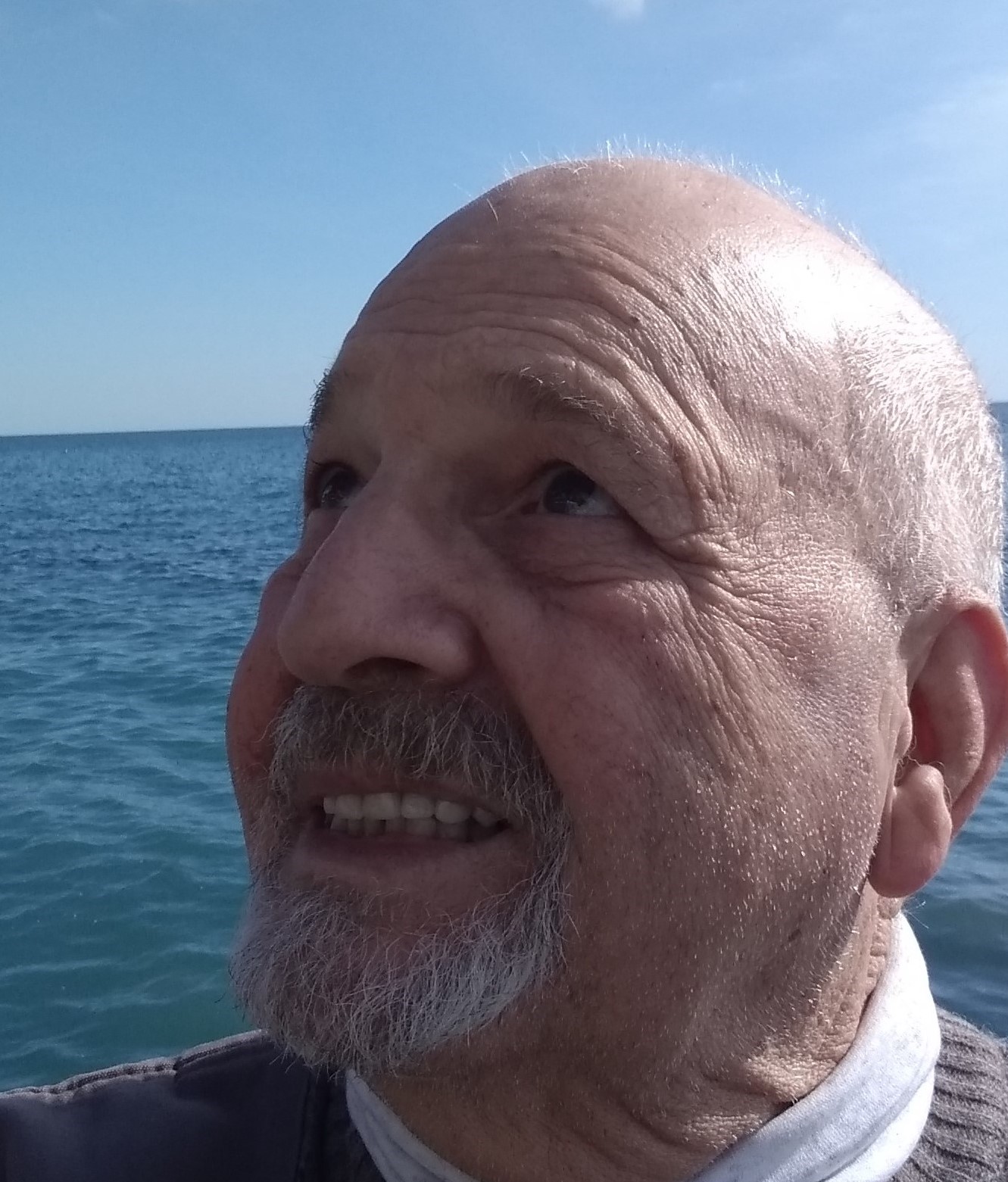"There's no need to discuss innocence or guilt. We know he's guilty." (HERE)
Still, there are reports that privately the Taliban was in negotiations with the US, both before 9-11 and after 9-11, to turn Osama over to the US. Osama had been on the FBI's "10 Most Wanted" list since he was implicated in the 1998 bombings of US embassies in Africa. He was also wanted by the FBI for the attack on the USS Cole that killed 17 crew members and injured 39 others in 2000. (HERE)
The Taliban reportedly said even before 9-11: "You can have him (Osama bin Laden) whenever the Americans are ready. Name us a country and we will extradite him". (Here)
If reports are correct, then President Bush missed several opportunities to negotiate a deal for Osama bin Laden. (HERE) Strangely though, only six months after 9-11 Bush had lost interest in Osama bin Laden. In March of 2002, President Bush said so in a news conference:
"... the idea of focusing on one person is -- really indicates to me people don't understand the scope of the mission." (HERE)
By early 2002 the "scope of the mission" had changed. The scope was invading Iraq, and Bush was already gearing up for it in December 2001. (HERE) Osama had not yet been captured or killed and there was still al-Qaeda to deal with.
The US invasion of Afghanistan had quickly routed the Taliban government out of Kabul. The Northern Alliance puppet government was put in charge of Afghanistan, with the vital aid of US-dominated NATO forces. (HERE) Pakistan was unhappy about that. They thought that the US had promised them that their ally the Taliban would not be overthrown.
According to the Guardian (Nov 14, 2001):
"Pakistan, America's new ally in the war against terrorism, had extracted a promise that the Northern Alliance -- which represents groups inimical to the southern Afghan Pashtun tribes supported by Islamabad -- would not be allowed to take over the capital, and thus the government of Afghanistan." (HERE)
Pakistan was worried about its own national security vis-a-vis hostilities with India. Pakistan and the Taliban were allies. Pakistan and the US had helped put the Taliban in power in the mid-1990s. Pakistan needed friendly relations with the Taliban's Pashtun tribes in southern Afghanistan so that it could have room to maneuver in case war broke out with India. (HERE)
The Taliban is largely made up of Pashtun Islamic fundamentalist fighters. The US had covertly backed the Pashtuns to fight against the Soviet Union occupation of Afghanistan from 1979 to 1989. Along with non-Afghan Arab fighters and Pashtuns, the US, with the direct participation of Pakistan, helped in the founding of the Mujahedeen ("warriors for God") of Islamic fundamentalist guerrillas that succeeded in ousting the Soviets. Osama bin Laden and his non-Afghan Arab legion was among those that the US supported against the Soviets.
The source of America's current misery in Afghanistan goes back to the early 1970s. Keep in mind that the US and the Soviet Union were fiercely engaged in the Cold War then. During the Cold War there were several hot proxy wars, with the US backing one side and the Soviets backing the other side. The most painful proxy war for the US was the Vietnam War.
The US withdrew from Vietnam in 1975 was a humiliating defeat in a long, bloody and costly war. The psychological scars from that war would persist and affect US foreign policy up to the present.
In the later 1970s the US saw in Afghanistan what it thought would be a chance to pay back the Soviet Union for its support of North Vietnam against the US. The US also hoped in Afghanistan it could make strategic gains against the Soviet Union, in their own backyard.
Prior to 1973 Afghanistan was a monarchy ruled by King Mohammed Zahir Shah. Officially the King had close ties with the Soviet Union but maintained enough neutrality to play the Cold Warriors against each other for his and Afghanistan's benefit.
In 1973 the King was overthrown by his cousin and former Prime Minister Mohammed Daoud Khan. President Khan's government was secular, progressive, encouraged the advancement of women's rights and maintained neutrality between the US and the Soviet Union. Khan was the self-declared president until his assassination in 1978 in what is known as the Saur Revolution. (HERE)
(Note: You can view every article as one long page if you sign up as an Advocate Member, or higher).





